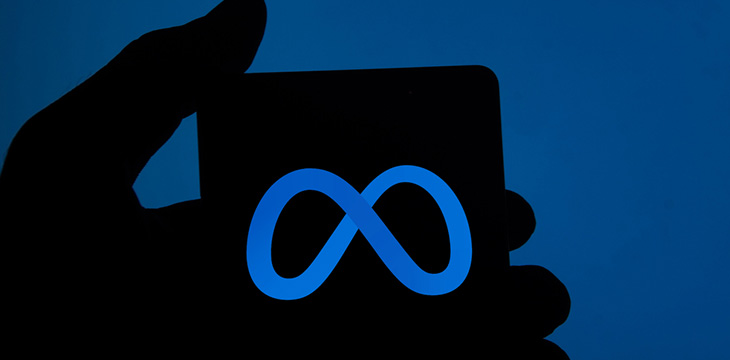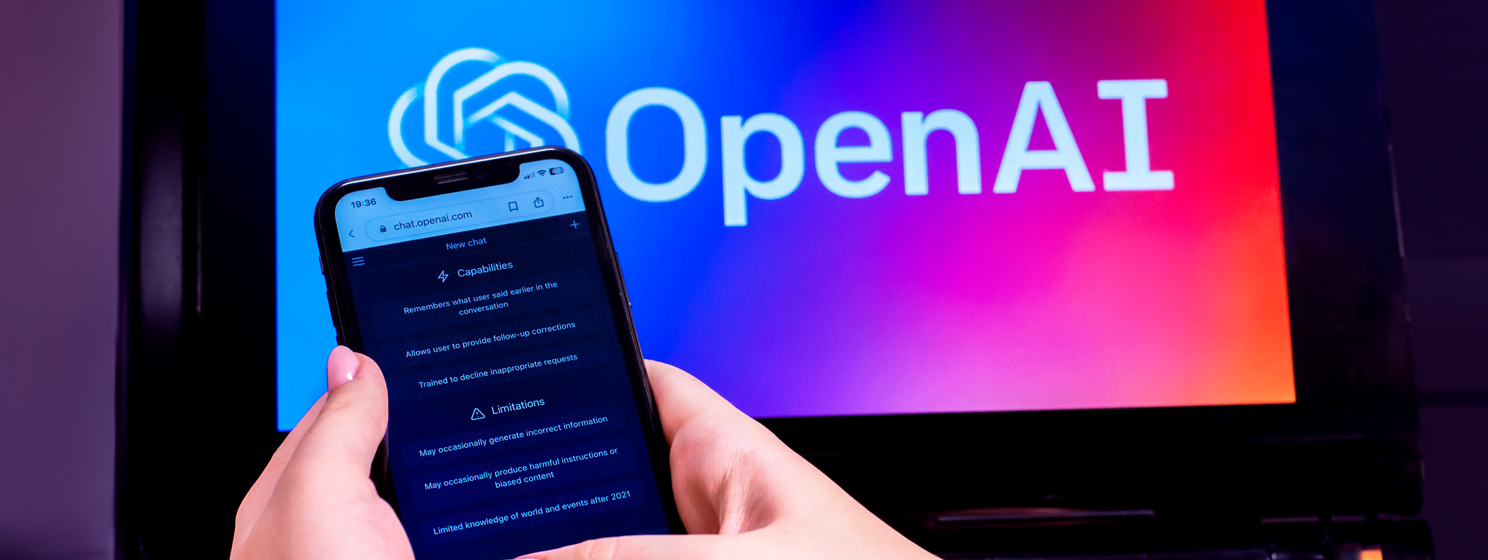|
Getting your Trinity Audio player ready...
|
Brazil’s data protection agency has prohibited Meta (NASDAQ: META) from using its citizens’ data to train its artificial intelligence (AI) models.
In May, Meta revealed that it plans to use public data from Brazilians on Facebook, Instagram and Messenger, such as photos and captions, to train its AI. The tech giant announced the move in other markets, but some have warned against it.
Brazil’s national data protection agency, locally known as the ANPD, issued a stern warning against the move in the past week, announcing that it had suspended Meta’s policy.
In its statement, ANPD said that its quick action was necessary to prevent “the imminent risk of serious and irreparable or difficult-to-repair damage to the fundamental rights of the affected data subjects.”
Brazil’s blow comes after a similar directive in the European Union. After a petition by Austrian privacy advocacy group NOYB, European watchdogs warned Meta against using data from its users in the region. In response, the company announced that it would pause the rollout of some of its AI features, such as its AI assistant.
In Brazil, the tech giant said it was disappointed with the country’s stance, insisting that its data collection methods “comply with privacy laws and regulations in Brazil.”
“This is a step backwards for innovation, competition in AI development and further delays bringing the benefits of AI to people in Brazil,” a spokesperson for the company added.
Brazil’s response came just days after Human Rights Watch revealed that AI firms had been using the photos of Brazilian children to train their AI models without their consent.
The New York-based advocacy group disclosed that some of the photos contained personally identifying information such as names and the precise location and time the photo was taken.
“Children should not have to live in fear that their photos might be stolen and weaponized against them. The government should urgently adopt policies to protect children’s data from AI-fueled misuse,” Human Rights Watch cautioned.
While the decision to block Meta is a big win for the citizens’ privacy, some experts worry that it might lead other companies to conceal similar practices.
Ronaldo Lemos, who works with the Brazilian think tank Institute of Technology and Society of Rio de Janeiro, says that while Meta’s actions were wrong, at least it was upfront about its intention.
“Meta was severely punished for being the only one among the Big Tech companies to clearly and in advance notify in its privacy policy that it would use data from its platforms to train artificial intelligence,” he told the Associated Press, adding that Meta’s peers are likely to become better at hiding similar illegal data scrapping.
In order for artificial intelligence (AI) to work right within the law and thrive in the face of growing challenges, it needs to integrate an enterprise blockchain system that ensures data input quality and ownership—allowing it to keep data safe while also guaranteeing the immutability of data. Check out CoinGeek’s coverage on this emerging tech to learn more why Enterprise blockchain will be the backbone of AI.
Watch: AI & blockchain will be extremely important—here’s why

 03-04-2026
03-04-2026 




